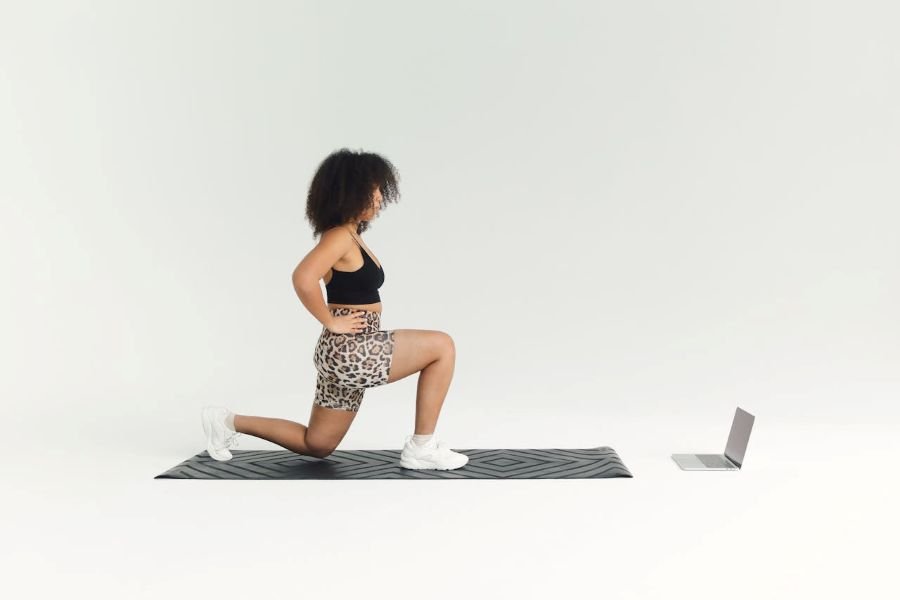create accessible
VIDEOS
A Simple Guide for Content Creators
Goal
Why it Matters
Accessible videos help more people enjoy and understand your content — including users who are Deaf, hard of hearing, blind, low vision, or who prefer silent or text-based content.
This tutorial ties together everything you need to create accessible videos using simple, beginner-friendly steps that work in any video editing software.
Quick Wins (Start Here)
If you only do a few things, start with these
Add closed captions to every video
Provide a transcript
Describe important visual details using audio descriptions
Avoid flashing content and rapid animations
These steps alone improve accessibility dramatically.
What Makes a Video Accessible?
Accessible videos typically include the following elements
Closed Captions — Supports the hearing impaired and those watching videos without sound
Subtitles — serves multilingual audiences
Audio Descriptions — Helps the visually impaired experience your content
Transcripts — Allows people of all abilities to access audio and video content
Accessible player controls — Necessary to allow access to audio and video content
Good color contrast — Improves on-screen text readability
Avoiding flashing content — Can be disruptive and even cause ceizures
Clear audio quality — Makes a better experience for everyone watching or listening to your content
Keyboard-accessible video controls
What To Do
How to Create Accessible Videos
Here’s the simplest workflow for creating accessible videos.
Step 1. Record your video
Do your best to record in good lighting, but even more importantly produce with good audio quality. A lot can be forgiven visually as long as the audio is clear.
Step 2. Upload & edit
If you didn’t record your video directly in your editor, upload and edit it to its final version.
Make sure any on screen text has sufficient color contrast and let’s all just agree to avoid flashing content.
Step 3. Add audio descriptions
Some people choose to provide two separate videos, one with AD (audio descriptions) and one without. The choice is yours.
Create a second audio track to overlay into your finished video, describing all the important visual elements (text on screen, demonstrations, graphs/charts, etc.)
*Note: AD is NOT always necessary, especially in talking head videos.
Step 4. Add closed captions & a transcript
In a lot of platforms if you “enable” or “auto-generate” captions, a transcript will be generated at the same time. If your editor does not do this just be sure to create both.
Review both of these to ensure accuracy, proper grammar, and to remove all the “um” and “ah” that aren’t intentional.
Step 5. Add subtitles (optional)
If you serve multiple languages, upload translated subtitle files.
Step 6. Publish your video
When your video is live make sure your transcript is linked as a text file or downloadable file in the description and/or on screen just before or after the embedment.
Ensure the CC (closed captions) button is visible on the player.
Easy Test
Watch the video with your eyes closed, did you here the audio descriptions? Did the video make sense?
Now watch it with the sound off. Did the CC follow your script? Were they easy to read (enough contrast)? Were the CC timed accurately to what was happening on screen? Were important audio cues written into the closed captions?
Open your transcript. If you only had access to that, would you be able to understand what the video is about and visualize what it might look like?
Lastly try accessing your video with the keyboard only. Open the screen to the video and start press the “tab” key. Do you have access to all the controls (play, pause, volume, CC, AD, etc.)?
If all four work you have a very accessible video ready for your audience.
Example
A local fitness studio uploads workout videos to their YouTube channel.
Their captions match the main audio track from the trainer and include cues like “inhale,” “exhale,” and “(upbeat music).”
The audio description explains visual moves like “She lunges forward with her right leg.”
They link a transcript that lets users skim the workout steps.
They don’t have a multilingual clientele so they do not offer subtitles.
All on-screen text uses high contrast for readability.
They are able to serve all their client’s despite their differing abilities.
Tips & Common Mistakes
What To Do
Keep text readable
Consider audio quality
Ensure captions + audio descriptions match your visuals
Make your transcript easy to skim
What To Avoid
Relying only on auto-generated content
Low-contrast on-screen text
Fast flashing content
Custom players with inaccessible controls (be careful when using your brand colors)
WCAG Guidelines
For those who want the official guidelines:
WCAG 1.2.1 — Audio-only and Video-only (Prerecorded)
WCAG 1.2.2 — Captions (Prerecorded)
WCAG 1.2.3 — Audio Description or Media Alternative (Prerecorded)
WCAG 1.2.4 — Captions (Live)
WCAG 1.2.5 — Audio Description (Prerecorded)
WCAG 1.4.3 — Contrast (Minimum)
WCAG 2.1.1 — Keyboard
WCAG 2.3.1 — Three Flashes or Below Threshold
WCAG 2.4.7 — Focus Visible
Next Steps
Need more help with the different parts of an accessible video?
Closed Captions (describing audio)
Subtitles (for translations)
Audio descriptions (describing visuals for blind users)
Transcripts (great for SEO and accessibility)
Want Help With accessibility?
If you’d like professional support, we can help:
We offer a full suite of digital accessibility services.
Web Accessibility Initiative
To geek out and go deep on the history and technical criteria for WCAG (Web Content Accessibility Guidelines) W3C is the resource for you.
Recommended Digital Accessibility Resources
Monthly Content Accessibility Checklist
Easy first steps to track and integrate accessibility into the digital content you create on a regular basis for your business.
The accuracy of information on this website is subject to change. Implementing these accessibility tips by no means ensures your website is fully compliant with current guidelines or laws. You should consult with a professional to audit and/or remediate your site and obtain an accessibility statement.
©Access Designs LLC | All Rights ReservedLegal ▸ Privacy Policy ▸ Terms ▸ Accessibility Statement



